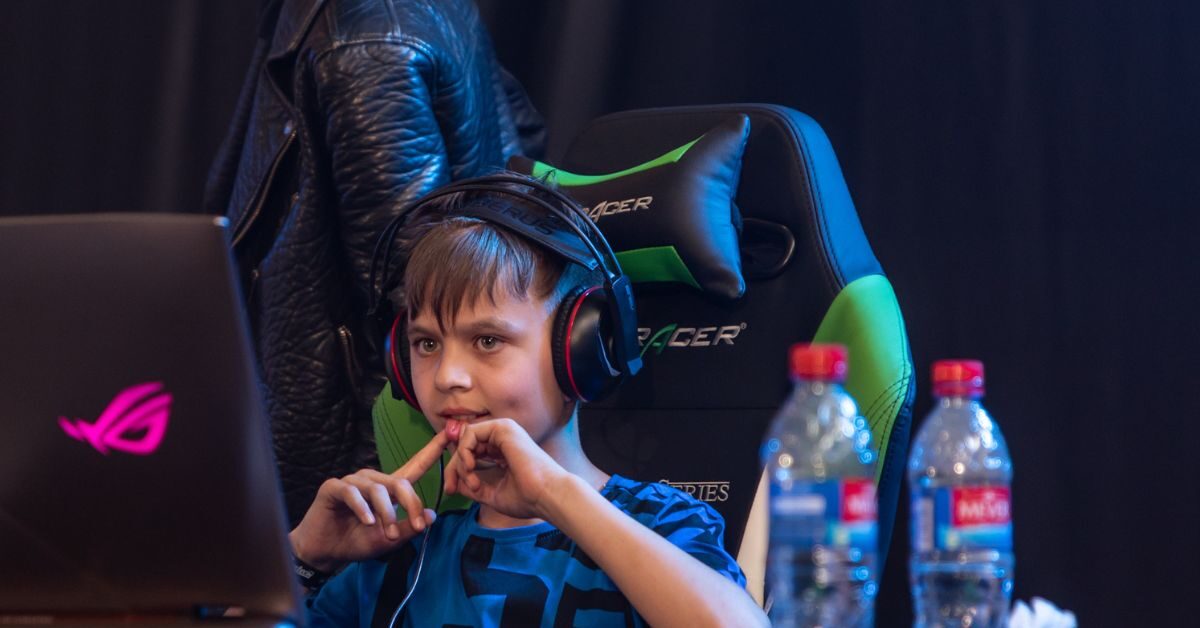You may not have realized it, but technology has been quietly revolutionizing how we live and work for decades. And as we head into 2023, game technology will play a more prominent role than ever in driving global innovation.
Think about it: with virtual and augmented reality becoming increasingly sophisticated, we will be able to interact with our world in new and exciting ways. Imagine being able to design and build entire cities in a virtual space or experience historical events as if you were really there.
The possibilities are endless!
As the digital economy continues to grow, game technology has become a key player in the field. From Microsoft’s planned acquisition of video game company Blizzard to the recent resolution on esports and video games adopted by the European Parliament, it’s clear that the economic and cultural value of games is being recognized worldwide.
Game technology, which combines interactive, immersive, and advanced rendering technologies, can bring unexplored opportunities to different industries and impact the international innovation landscape.
It’s already being used in fields such as digital preservation of cultural heritage, industrial simulation, smart cities, and intelligent manufacturing. As a result, game technology is gaining recognition as a powerful tool for integrating the digital and physical worlds.
The game industry has a long history of adopting new technologies, and it’s often among the first to apply these advanced emerging technologies.
In fact, the game industry plays a crucial role in popularizing new technology by using it to create engaging content that’s easily understood and accessible to the general public.
In the future, the game industry is expected to continue introducing new technologies to the public in this way.
Game technology also has strong ties to artificial intelligence, and it significantly impacts the development of AI. Applications of game technology in fields like biology, cultural relic protection, and autonomous driving are leading the way in the development of AI.
The 2022 International Gametech webinar, co-hosted by ChinaEU and the UNESCO International Council for Philosophy and Human Sciences Chair Office, brought together international experts and scholars to discuss how game technology drives innovation across different sectors.
Luigi Gambardella, President of ChinaEU, described game technology as a “natural incubator” for many emerging technological innovations. At the same time, Hsiung Ping-Chen, Secretary-General of the International Council for Philosophy and Human Sciences, emphasized the importance of games and game technology as interdisciplinary topics.
So if you’re a fan of games and technology, get ready for an exciting year ahead.
The future is bright, and it’s going to be a lot of fun to see what kind of amazing things we can accomplish with the help of game technology.





